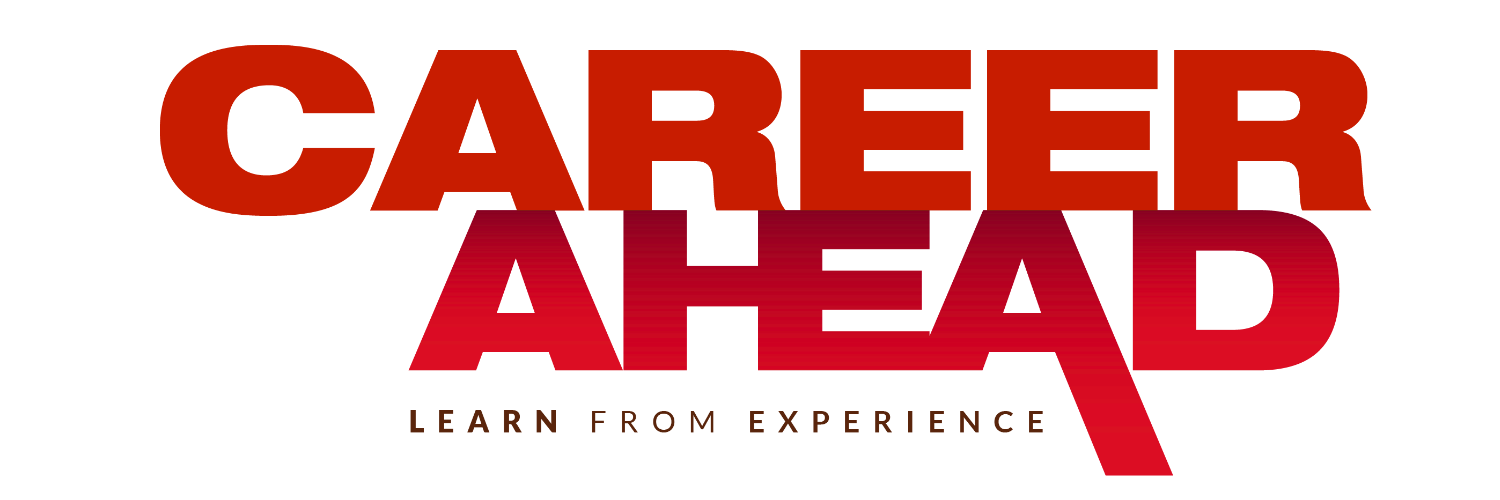No products in the cart.
Way Forward in the New Normal – Hospitality Education Post Covid-19
India is poised to be one of the fastest growing tourism industries over the next decade, with the Hospitality and Tourism sector predicted to grow at an average annual rate of 7.5% to 18.36 lakh crore (US $270 billion) by 2025 (7.2% of GDP). The issue of skill gaps is a worldwide problem. In India, for instance, the shortage of skilled manpower poses a major threat to the overall development of tourism. In Dubai, a shortage of manpower poses the biggest challenge to the United Arab Emirates (UAE) tourism industry, according to industry management studies (Source: Bloomberg Nov 2019).
The hospitality sector in India is projected to grow tremendously in the next decade. In today’s context, the demand for hospitality professionals is also growing, and the sector is expected to come up with more trained professionals in the coming decade. Moreover, it has been observed that the demand for hospitality is rising in small cities in India. People are involving themselves more in travelling as compared to the past because of better connectivity and the ease of air travel. With advancements in technology, hotel rooms can now be booked with the click of a button. From budget hotels to five-star properties and home stays to boutique resorts, there is something for every traveler. There is a growing awareness of hospitality standards in India and people are demanding high-quality services in hotels and restaurants. Social media also provides a platform for people to express their opinions. There are several brands and chains that have entered the Indian market and with high competition, customers are spoiled for choice. Overall, it is important for hospitality professionals to plan for the long term, and hence the demand for highly trained professionals is increasing.
‘Talent gap’ refers to a lack of skilled individuals in the industry. Every sector occasionally faces the tough issue of the talent gap. Lack of talent can be demotivating for an industry. To fill this talent gap, an individual needs skills, abilities and knowledge about their sector. While there are ample opportunities for growth and success in the hospitality field, students need to evaluate their aptitude for a career in this field before coming right into it. A candidate must be willing to work in various areas as the profession requires employees to be multi-talented and to handle different aspects of the job, such as management, food and beverages service, housekeeping, front office operation, sales and marketing or any other department depending upon the specific requirement.
Covid 19 Impact
According to the UNWTO April 14-2020 report, the tourism sector is currently one of the hardest hit by the outbreak of COVID-19, with impacts on both travel supply and demand. This represents an added downside risk in the context of a weaker world economy; geopolitical, social and trade tensions; as well as uneven performance among major outbound travel markets.
Considering the evolving nature of the situation, it is too early to estimate the full impact of Covid-19 on international tourism. For its initial assessment, UNWTO has taken the SARS scenario of 2003 as a benchmark, factoring in the size and dynamics of global travel and current disruptions, to estimate the geographic spread of COVID-19 and its potential economic impact:
- At the time of writing this article, UNWTO estimates that in 2020, global international tourist arrivals could decline between 20-30%, down from an estimated growth of 3% to 4% forecast in early January 2020.
- This could translate into a loss of US$ 30 to 50 billion in spending by international visitors (international tourism receipts).
- Estimates for other world regions are currently premature in view of the rapidly evolving situation.
UNWTO underscores that any estimate must be treated with caution due to the volatile and uncertain evolution of the outbreak which might lead to further revisions.
In a recent talk at IIM-Calcutta, the Chief Economic Advisor mentioned that “the outbreak of coronavirus provides a good opportunity for India to follow an export-driven model.” But the question remains whether India has the necessary tools and infrastructure to replace China. India does not only have the potential to match China in terms of scale, but it is endowed with rich pool of unskilled labor, and a robust service sector. Given the complex chains that China operates, the biggest stumbling block will be the lack of skill. This has to be addressed immediately and effectively, as there is a huge potential for India by the year 2025 in the manufacturing and service sector.

Changes in the Education System Post Covid-19
The education system will perhaps see a shift from a teacher-centric approach. Educational institutions across the country would be changing their perspective now to facilitating centers and collaborative learning centers. However, active industry academia interactions are inevitable; employability of the students and acceptability by the industry is going to be the major yardstick for measuring the quality of the institute. More technology-based teaching and learning is likely to be in place from now onwards. However, there are certain constraints on switching over to 100% technology-based distance and online programs for the practically oriented courses like Hospitality Management, Culinary Arts, Medical Science, Engineering, etc., wherein students need to perform practical experiments on a regular basis, which also need to be under the direct supervision of the faculty. Therefore, the new model of curriculum would have to ensure a certain amount of compulsory classroom and laboratory sessions for the students at the college for professionally oriented courses.
Hospitality Management institutions need to give more importance to housekeeping management and food hygiene and sanitation, since both subjects are going to be more prominent in the changing scenario post Covid-19.
In terms of higher education as well, changes are to be expected as a result of the epidemic. Karnataka state, for instance, is well known as a higher education hub in India. There are more than 1000 institutions for higher education in this state alone, at present. Most of these institutions are entirely dependent on students coming from different states and countries. However, the inflow of such migrant students might be a challenge in the current scenario. Therefore, there is a possibility of some kind of setback in terms of admissions for such institutions in the 2020-21 academic year. In addition, the economic situation of the country and its citizens is likely to cause further difficulties.
Strategies to Overcome Problems presented by the Current Crisis
- Challenges to be converted into opportunities
The Economic Advisor to the central government has emphasized the importance of actions aimed at providing adequate infrastructure facilities to those MNCs that are willing to shift their base from China to India. The implication is that if we succeed in bringing them to India, it would in turn help to create adequate employment opportunities at by 2025. Hence, it is an opportunity for students to invest their time and energy now, which would reap a rich harvest by the end of their professional academics.
- More Scholarships and Financial Assistance to Students
It is the time now for financial institutions to relax their norms and provide financial support to students who are interested to take up professional courses. Institutions need to offer more merit scholarships so that students and parents can have some kind of support in these trying times.
- Greater Focus on Developing Entrepreneurship
The need of the hour is to focus more on entrepreneurship development, so as to create more job opportunities. Educational Institutions need to give a greater emphasis on incubating business ideas and developing them into successful ventures. The faculty must not fail to emphasize that entrepreneurship by definition is a journey on an uncharted path. The basic foundation of entrepreneurship is obsessive passion, fierce focus and seizing opportunity. There is no such thing as failure, there is only learning and bouncing back – a golden principle of entrepreneurship.
- Increased Importance of Human Resource Management
Understanding of human resource management extensively in business brings unimaginable benefits. Although staff training is just a small part of human resource management, it is this aspect that needs close attention in terms of the changes brought about by the pandemic. In order to keep up with the pace of change in a world that is changing rapidly every day, making the best use of the abilities of your personnel has become increasingly significant. People working in the human resource departments need to be aware of the implications of globalization, technology change, workforce diversity, labor shortage, and so forth. Staff training is crucial in any industry, and especially so in the hospitality industry.
- The article was originally published in Career Ahead July 2020 issue.










